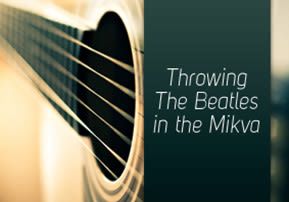
Throwing The Beatles in the Mikva
Music is powerful. It’s something that’s ingested straight into the soul; so, it would be good idea to look for music that’s truly healthy for the soul…

I’ve been a classic rock junkie before classic rock was classic.
It started in 1967 when I was just four. My mother came home with two recent hit singles: The Monkees’ “I’m a Believer” and the Beatles’ 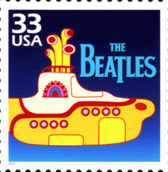 “Penny Lane”. And when I heard those two songs that first time, I believe my brain was rewired on the spot.
“Penny Lane”. And when I heard those two songs that first time, I believe my brain was rewired on the spot.
The infectious melodies, the tight harmonies, the electric guitars and the added layer of keyboards — all in an upbeat major key — injected themselves straight into my mind and soul and got me hooked. The addiction was immediate. My musical taste was permanently formed. There was no turning back.
I suddenly needed more of this ear candy. And thanks to my hippy babysitters, I got it. They filled my pre-school soundtrack with heavy drums and busy bass lines and yearning guitar solos that pull at the soul. I can only assume that other kids my age were discovering Silly Putty or Spirograph. But before I could even tie my shoes, I discovered such classic rock icons as The Rolling Stones, The Byrds, Steppenwolf, Van Morrison and countless other late 1960s and early 1970s bands and singers.
And I never grew out of it. No matter what the current musical fad was — disco, punk, whatever — my background (and foreground) music was always classic rock. Even as I became observant in the late 1980s and went to a baal teshuva yeshiva in Israel a few years after I graduated college, I still feasted on the Beatles and Bob Dylan bootlegs after a full day of Gemara and hashkafa.
As the decades increased, so did my classic rock collection. The well-worn tracks of Pink Floyd and The Beach Boys were now joined by obscure-yet-incredibly-satisfying songs of late sixties bands most people never heard of.
There was just one problem.
I finally woke up to the fact that the music I’ve loved my entire life was a contradiction to my desire to get closer to Hashem. With its often suggestive lyrics, this music brought my head to places I no longer wanted to go, to places I never really should go as a Torah observant Jew. I was reminded of what we ask Hashem every Shabbos and Yom Tov in the Shachris Shemona Esrai: “v’tahar libeinu l’avdocha b’emes,” purify our hearts to serve You sincerely. As much as I loved classic rock, I knew it wasn’t helping me purify my heart nor get closer to Hashem. Quite the opposite. We’re talking about rock music here. We’re talking about a genre of music that actually has a motto — and that motto is: “Sex, drugs and rock and roll.”
What’s more, music is powerful. It’s something that’s ingested straight into the soul. And as my desire to grow closer to Hashem grew stronger, I wanted to start being as careful about the music I was pouring into my soul as I was with the food I was eating.
In Likutey Moharan (I:3), Rebbe Nachman of Breslev says this about the power of music:
“A holy melody gives strength to the forces of holiness. But the music of the Sitra Achra, the Other Side, damages these forces and lengthens the exile. It makes people stumble and traps them like birds in a snare. Be very careful never to listen to this kind of music at all. The musicians and singers who produce it have no religious intentions whatsoever. On the contrary, they only want to make money or become famous. Listening to this kind of music can seriously weaken your devotion to G-d. But the melodies played by a truly religious, G-d-fearing musician can be very inspiring. They can strengthen your devotion immensely.”
So what’s a classic rock addict to do? I want my music to help “strengthen my devotion immensely”, not impede it. But I don’t want to stop listening to the type of rock music I’ve always enjoyed; I just want it to be kosher.
Fortunately, such kosher “classic rock” exists. And much of it is outstanding.
Over the last dozen years, there’s been a lot of expertly crafted, inspiring classic-rock-sounding Jewish music from talented G-d fearing artists (mostly from Israel) such as Adi Ran, Udi Davidi, Gavriel Hasson, Avraham Abutboul, Yosef Karduner,Shuli Rand, Michael Oved, Aharon Razael, LevYatan, The Madregot and The Moshav Band — to name just a few.
So instead of songs about the dark side of moons or brown eyed and cinnamon girls, Jewish baby boomers can now get their classic rock fix with original tunes about getting closer to Hashem — often with lyrics from Tehillim, mishnayot, T’nach and Likutei Moharan.
Avraham Aboutboul’s “Tehilla LeDavid”, for example, sounds like it could have been an outtake from Pink Floyd’s 1969 Ummagumma album. Shimon Levi’s “Yachad Nelech” evokes a mid-1970’s Eric Clapton ballad. And Moshe Levi’s “L’kol Z’man” actually takes The Byrd’s 1965 hit “Turn, Turn, Turn” (which was based on Ecclesiastes 3:1-8) and replaces the English lyrics with King Solomon’s original Hebrew words.
For Beatles fans, there’s Gil Akivayov — whose work is rampant with Beatles references. His “Bati Legani” features an original beatlesque melody with a harmonica solo reminiscent of John Lennon’s in “I Should Have Known Better” from Hard Day’s Night. Akivayov’s “Ashrei Haish” brings to mind the Beatles’ “For No One” from Revolver, capturing George Harrison’s 1966 early psychadelic lead guitar sound. “Tzhok Yeladim” borrows the same lead guitar tone from The Beatles “reunion” 1995 single, “Real Love.” And Akivayov’s “Olam Hadash” showcases a perfect imitation of Harrison’s post-Beatles, mid-1970s slide guitar. Musically, this stuff is like throwing the Beatles in the mikvah, the Jewish ritual bath. It’s pleasing to both the ear and the soul.
There’s also Jewish blues rock. Lazer Lloyd plays 12-bar blues with a blazing lead guitar that’s reminiscent of Cream and Peter Green-era Fleetwood Mac from the late 1960s. And Ruby Harris of the Diaspora Yeshiva Band (who originated Jewish rock in the 70s and 80s) released a CD called Almost Home that sounds like a product from Chicago’s famous Chess Records studio in the late 1960s; it features Harris’s masterful electric violin and earthy vocals on solidly written original songs lamenting the destruction of the Second Temple.
To me, all this classic-rock-sounding Jewish music that’s been released in recent years is a tremendous gift. It allowed me to finally walk away from the “unholy” music that had long captivated me and replace it with, in the words of Rebbe Nachman, “holy melodies” that have “great power to stir the heart and draw it to G-d” (Sichos Haran, #273).
In Likutey Halachot (Nesiat Kapayim 5:6), Rabbi Natan of Breslev wrote: “In this material world, especially if we have sinned and are very far from G-d, the main way to attach ourselves to G-d is through melody and song.” For those of us with a preference for classic rock, we are now fortunate to have an incredible selection of recent and original music in the classic rock genre — all designed to help us draw closer to G-d.


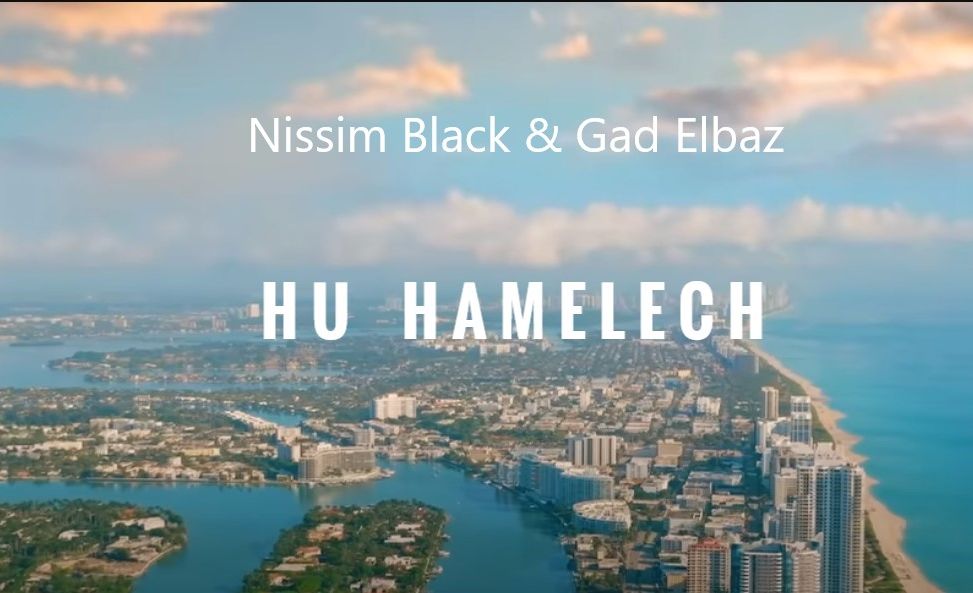
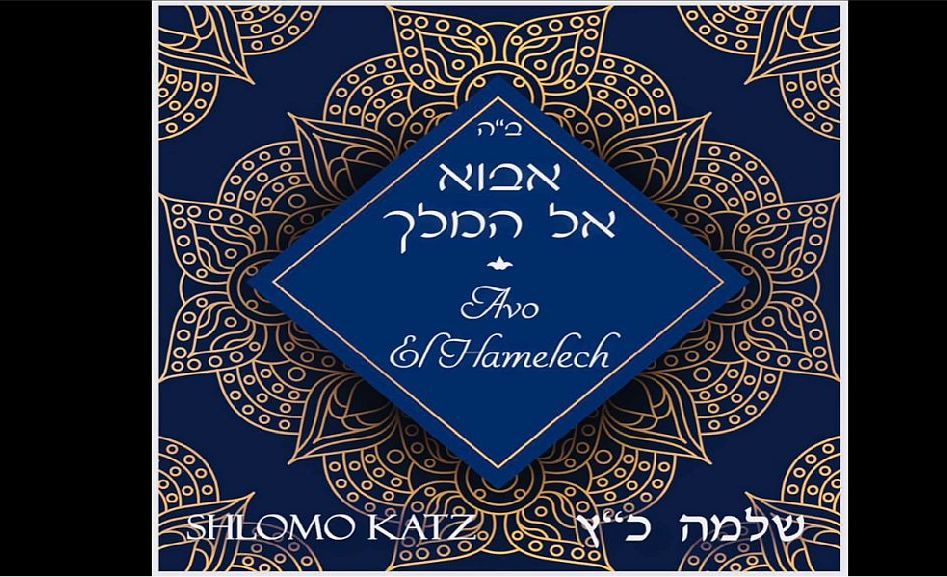
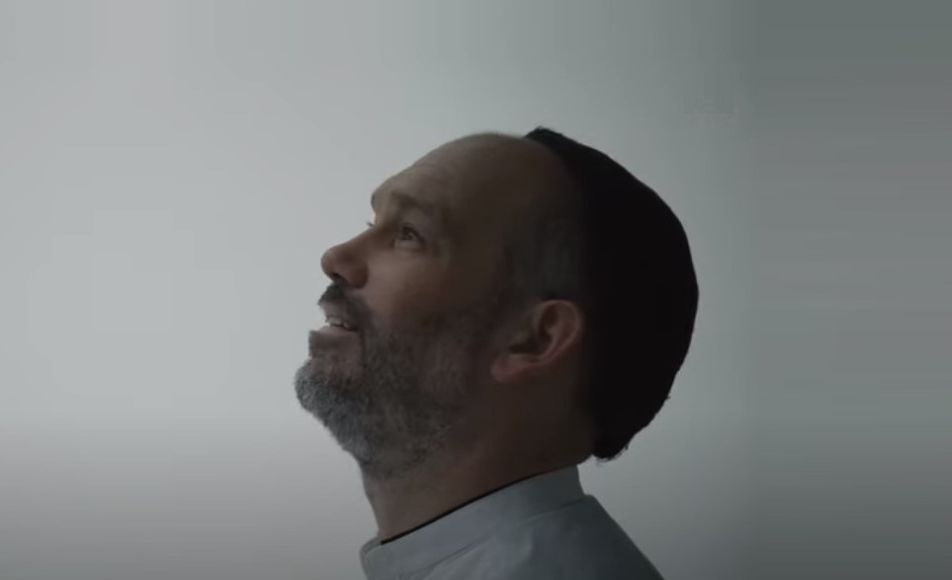
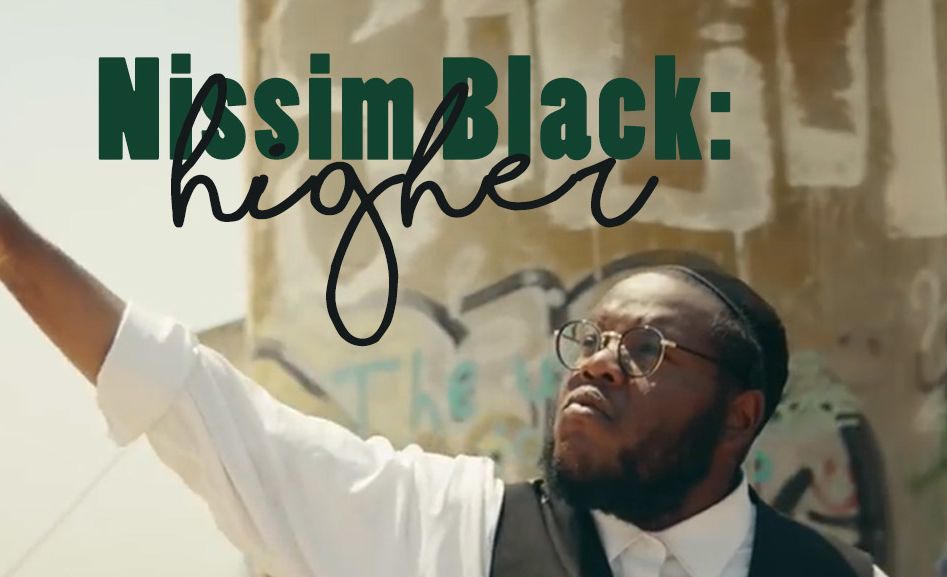


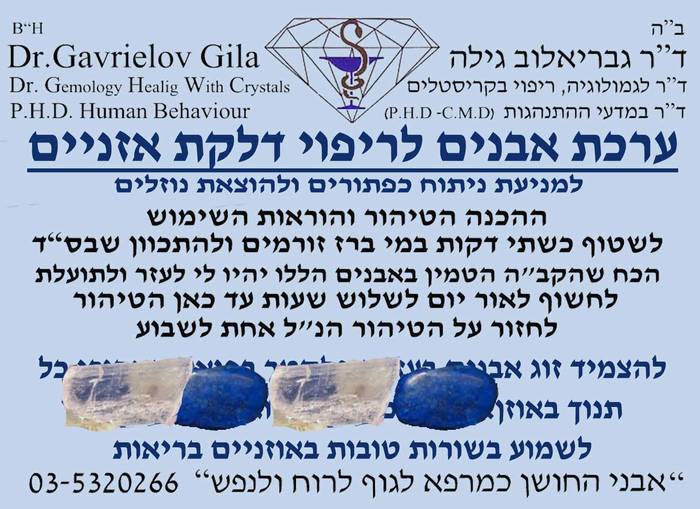
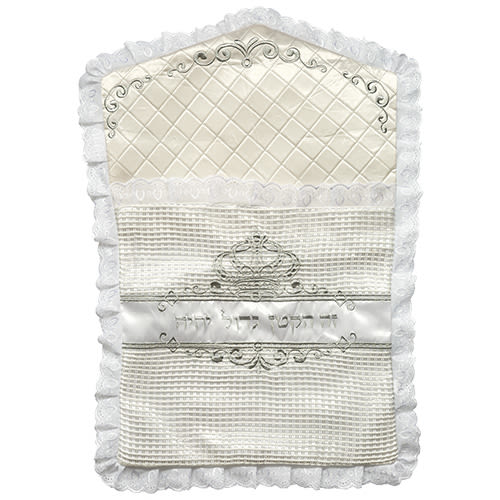
6/16/2013
to the music of shivi keller.
6/16/2013
everyone should listen to the music of shivi keller.
11/27/2011
hi howard from one classic rock bt to another , I've taken to writing and warbling songs with a Jewish theme .Check me out, Rav Brody knows me well .